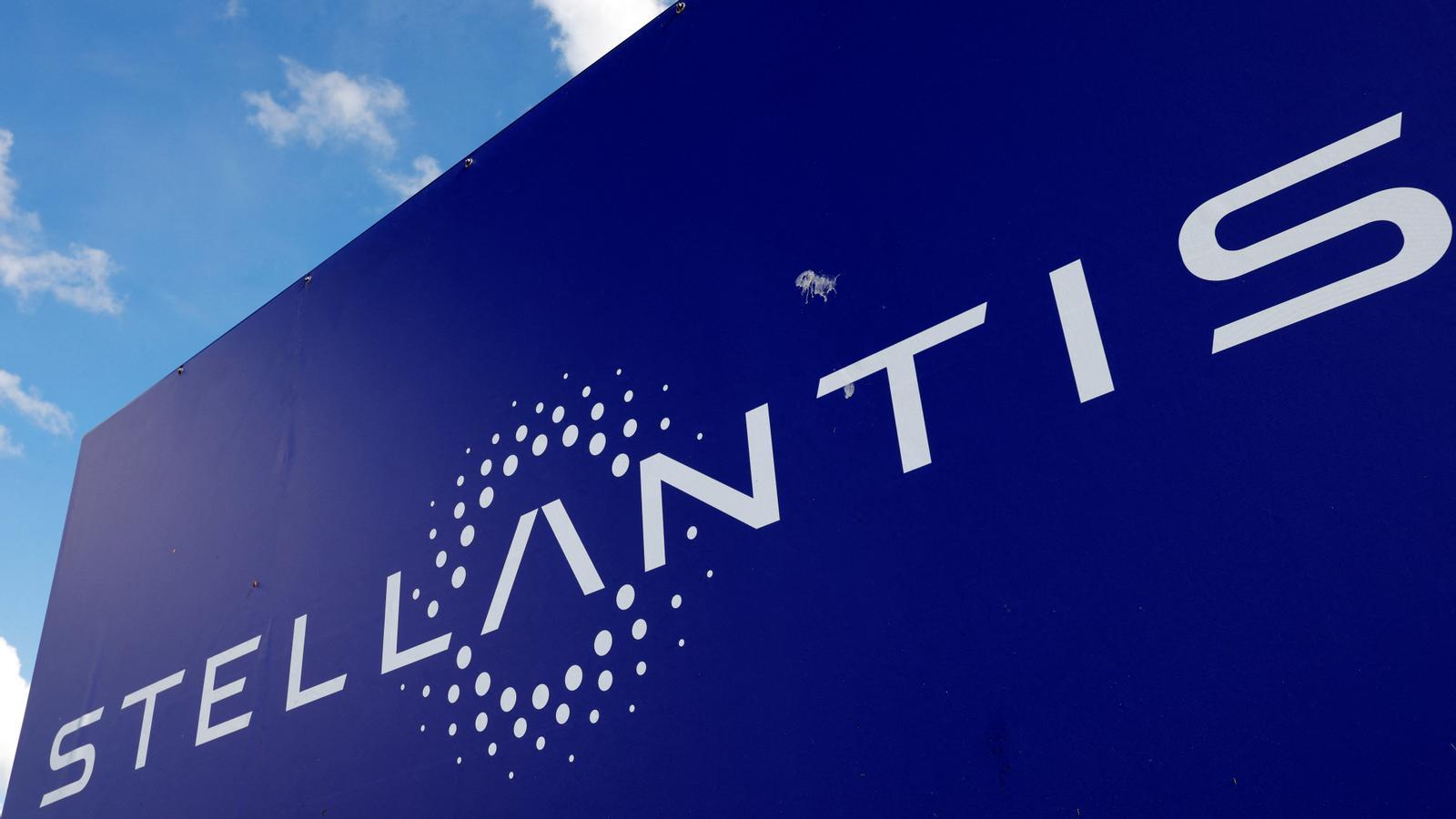Stellantis loses €2.3 billion in the first half due to tariffs
The French automotive group estimates that the initial effects of the US policy have cost it 300 million.

BarcelonaDonald Trump's trade war is beginning to take its toll, especially in a sector like the automotive industry, which is not going through its best moment. Stellantis—parent company of brands such as Peugeot, Citroën, Opel, Fiat, and Jeep—recorded net losses of €2.3 billion in the first six months of 2025, compared to profits of €5.647 billion in the same period last year.
At the end of April, the French automotive group decided to suspend its financial forecasts due to the uncertainty generated by the tariffs. The manufacturer estimates that the initial effects of the new US trade policy have had a negative impact of around €300 million, both from the direct application of the tariffs themselves and from the company's decision to reduce production.
For the first half of this year, Stellantis forecasts sales of approximately €74.3 billion, a 12.6% drop compared to revenues recorded between January and June 2024. However, final consolidated financial results will not be released until the end.
North America falls further
Globally, the group sold a total of 1.447 billion vehicles between April and June, a 6% decrease compared to the second quarter of 2024. By region, North America experienced the largest decrease, with a 25% drop and a reduction in sales of 109,000 to 322,000. The group has attributed this decline to factors such as the reduction in the manufacturing and shipments of imported vehicles – most of which were affected by trade tariffs – and lower sales through the fleet channel.
As for Europe, deliveries in the second quarter fell by around 50,000 units, representing a year-on-year drop of 6%, from 772,000 to 722,000.
A sector in crisis
The storm caused by Trump's trade threats adds to a sector in crisis, after electric car sales have not fully taken off and aggressive Chinese competition has affected European manufacturers.
All this, while the automotive sector is one of the sectors that could be most affected by tariffs, and the European Union is making the most of the extra time granted by the Republican president to reach an agreement with the White House. There is a deadline until August 1, and negotiations have not stopped for days. to avoid a 30% tariff on all products imported from the EU.
